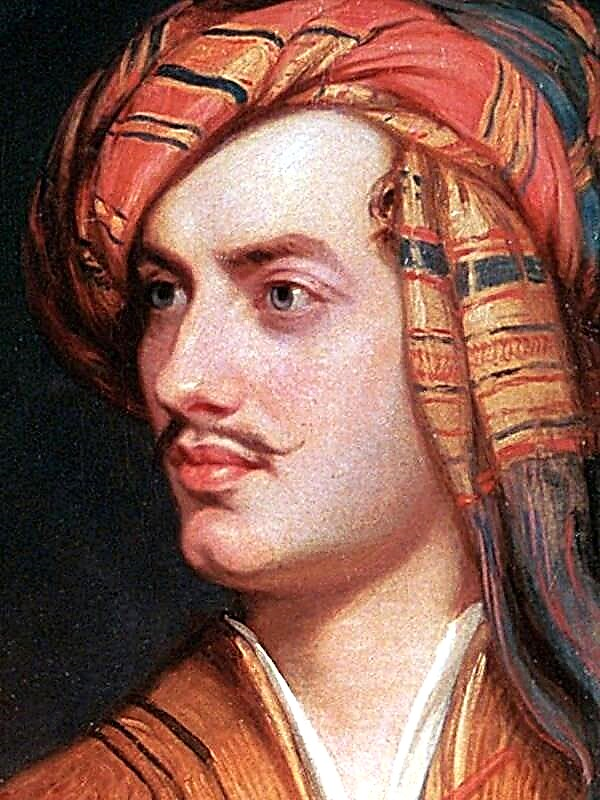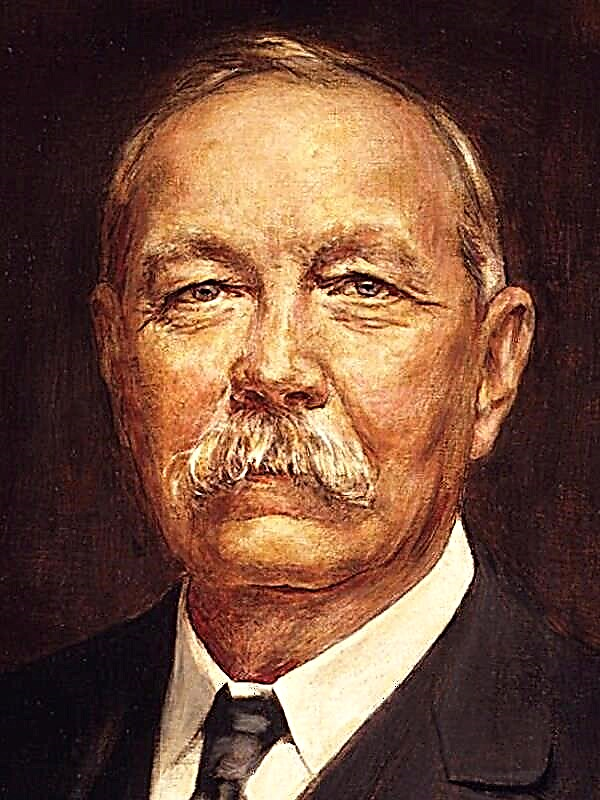Share
Pin
Tweet
Send
Share
Send
“Revenge and generosity” is one of the most profitable directions, because we are all familiar with these concepts and remember many examples from the literature that each of them can reveal. Therefore, it is important to stock up on a few arguments for each case.
- In Bulgakov’s novel “The Master and Margarita,” the revenge of Satan, at first glance, seems to be justice. The writer Mikhail Berlioz and the poet Ivan Bezdomny walked in Moscow. They discussed anti-religious poem. They were joined by an unknown, seemingly foreigner, who was ridiculed and even seemed to be offended by the assertion that there is no god and devil, and that a person controls his own life. The stranger told them the story of how Pontius Pilate sent to death Yeshua Ga-Nozri for speaking out against the authorities. Then the foreigner predicted that Berlioz would lose his head. Soon the man fell under the tram, and the prophecy came true. Ivan Homeless suspected a foreigner in everything, tried to catch him and his retinue, but ended up in a mental hospital, where he was diagnosed with schizophrenia. So, Woland took revenge on people who doubted his existence, and we do not pity them, because they really deserved the punishment for turning creativity into political propaganda. But justice is when all perpetrators are punished, and not just those who are rude to the judge.
- Revenge, which can be quite justified, is described by M. Bulgakov in the novel "The Master and Margarita." The stranger, who introduced himself as Woland, settled in the apartment of Berlioz, sending to Yalta a roommate named Likhodeev, who was the director of the Variete Theater. The chairman of the housing association of the house where they lived, Nikanor Ivanovich Bosoy, was besieged by citizens who wanted to get the room of the deceased. The man went to the apartment, took a bribe in rubles from the translator Volond Koroviev and left. Then Koroviev called the police and said that Nikanor Ivanovich was speculating in currency. The man found dollars instead of rubles and was arrested. Satan avenged the hero for arrogance and greed, and it was high time, because Nikanor always used his official position for the sake of gaining profit, and at the same time managed to despise his petitioners who were doing the same. This lesson has benefited the chairman, so in this case, revenge can be justified.
- Revenge can take a person by surprise, even if he did not think that he gave her a reason to appear. In M. Bulgakov’s novel “The Master and Margarita”, a similar case is described. Stepan Likhodeev, whom Satan sent to the other end of the USSR, began to send telegrams from Yalta to the theater with a request to confirm that it was him, but the Rimsky financial director and assistant Varenukha considered this a joke, since that person was in Moscow several hours ago. Varenukha wanted to go to the police, but they called him and told him not to. The man promised, but did not obey, then he was seized and dragged into a "bad apartment", where a naked woman tried to kiss him. As a result, he was turned into a vampire, and he was forced to wander with a gang of Woland. This example proves that revenge cannot be avoided with all sorts of tricks. She may descend even in connection with the fact that it cannot be considered a sufficient basis for counterattack. The only way to avoid retaliation is not to do what might entail it.
- In M. Bulgakov’s novel “The Master and Margarita”, an example of imaginary generosity is shown for show, in which people nonetheless readily believe. Woland began a session of black magic. He said that people have changed externally and wanted to check if they remained the same internally. First, a rain of money conjured, then the cat tore off the head of the entertainer, who called what was happening a trick, and returned it back. Then Woland organized a store where you could leave your old clothes and take new, moreover, expensive foreign new clothes. To the commotion and the sound of the march, the magician and his retinue disappeared, and then beautiful clothes evaporated right on the dressed ladies. Over time, money also turned into something that can hardly resemble a chervonets. Late citizens realized that genuine generosity does not bow from the stage, does not seek hundreds of prying eyes. It is presented modestly and inconspicuously, so that the person receiving it does not feel embarrassed and obliged.
- Real generosity is tested in trouble. So, in M. Bulgakov’s novel “The Master and Margarita,” the hero finds himself in a madhouse, while his friends and colleagues accuse him of insanity and rush to get rid of him as soon as possible. None of them, comrades and acquaintances, doubted the correctness of such measures. No one extended a helping hand. However, there was one stranger whose soul can be called great. While Ivan Bezdomny talked to himself, a man came in through the window, who introduced himself as a master and said that he had stolen the keys from the paramedic, but he did not run away from the hospital because he had no home. The poet told him his story. The master said that Ivan met with Satan. He also told about himself: he wrote a novel about that procurator and loved a married woman. In a conversation with another person, understanding and polite, the Homeless somehow felt better in his soul, he was not so afraid of his imprisonment. The master was not afraid to come and help the new victim recover. Such acts are examples of true generosity.
- People are far from always able to appreciate genuine generosity. Often a person suffers undeservedly because of him. For example, in the book of M. Bulgakov, the prosecutor sentenced the young philosopher to death, who helped him recover from a headache. He owed this terrible fate to his statements about God, who, in his understanding, stood above Caesar. Pontius Pilate understood that Yeshua was not guilty, but was afraid to go against the local clergy and allowed the injustice to happen. The crowd eagerly watched the execution of Yeshua and the two robbers on Bald Mountain. But Yeshua did nothing to these people, moreover, he even helped someone. Nevertheless, people gladly mocked him and watched him bleed. Only one faithful student of Ga-Nozri, Levi Matvey, stole the body of the teacher, at the same time untied the rest. Unfortunately, generosity sometimes disarms a person, and he cannot even defend himself. And the crowd is deaf and blind to true virtue.
- Generosity often wakes up in a person under the influence of love. For example, M. Bulgakov described a similar case in his famous novel. The heroine lost her beloved and more than anything in the world wanted to return him, but did not know where to look for him. Azazello met Margarita, hinting that he knew where to look for the Master, and invited her to an appointment with Woland, giving her a magic cream. Of course, she was very scared, but she bravely overcame vacillations for the sake of love. She smeared herself, became weightless, and flew on the floor brush to Woland. There Margarita held a ball, and Satan returned to her the Master with his apartment and the whole novel, which the author had previously burned. But what did this ball cost her? Pain, fear, disgust and pity - these are the feelings that almost broke her heart. She even gave up her desire to facilitate Frida's afterlife. Now the heroine who killed her child was no longer offered a handkerchief - a murder weapon. Woland appreciated the generosity of the guest and rewarded the queen of his ball. Thus, the love for the Master revealed her virtues in a woman.
Share
Pin
Tweet
Send
Share
Send

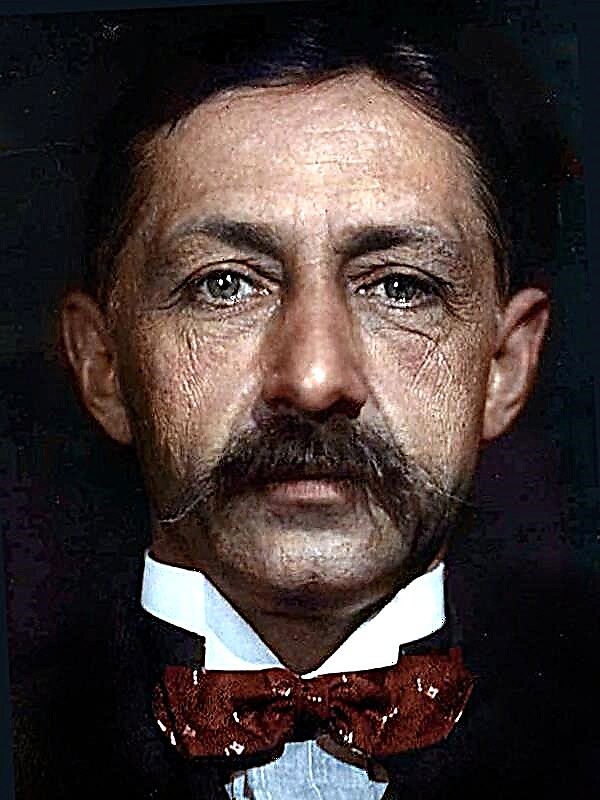
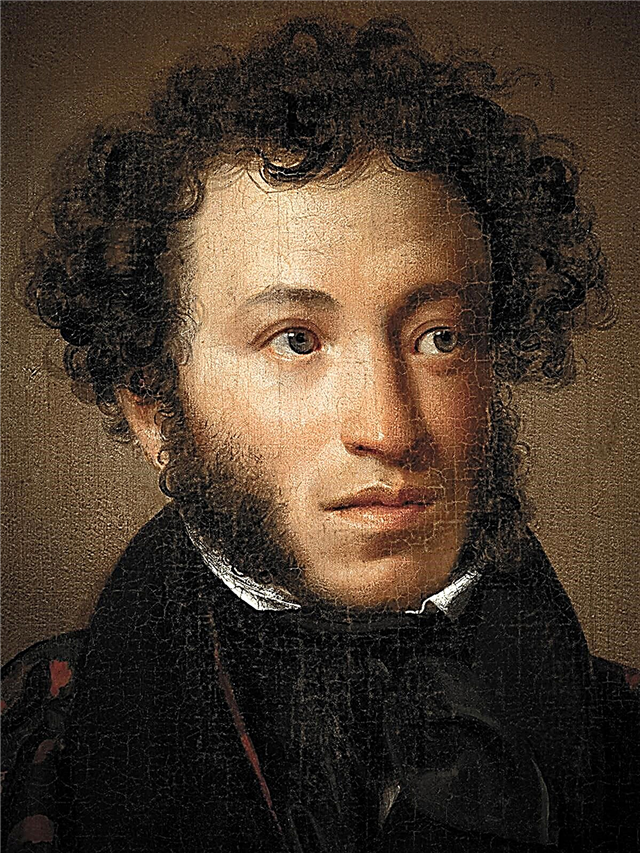
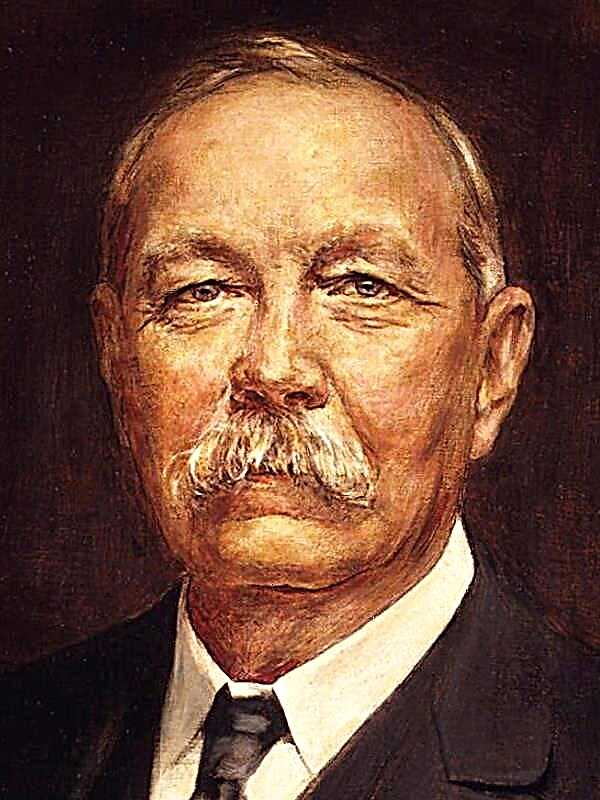
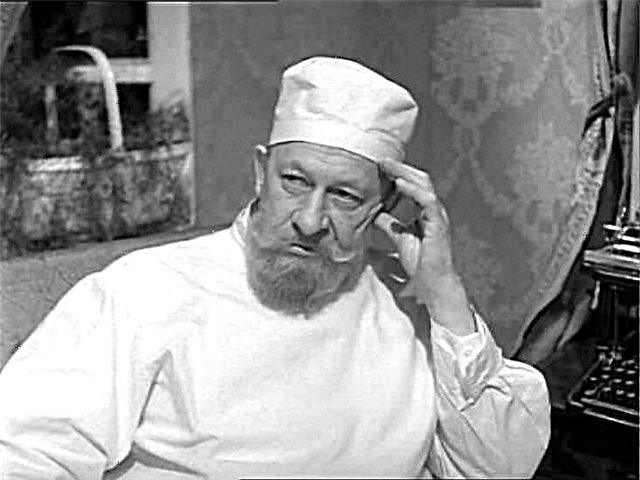
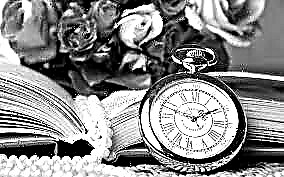
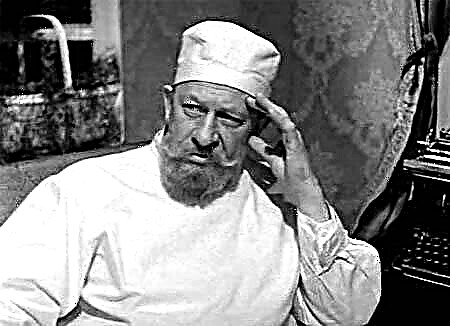
 Clarissa
Clarissa
